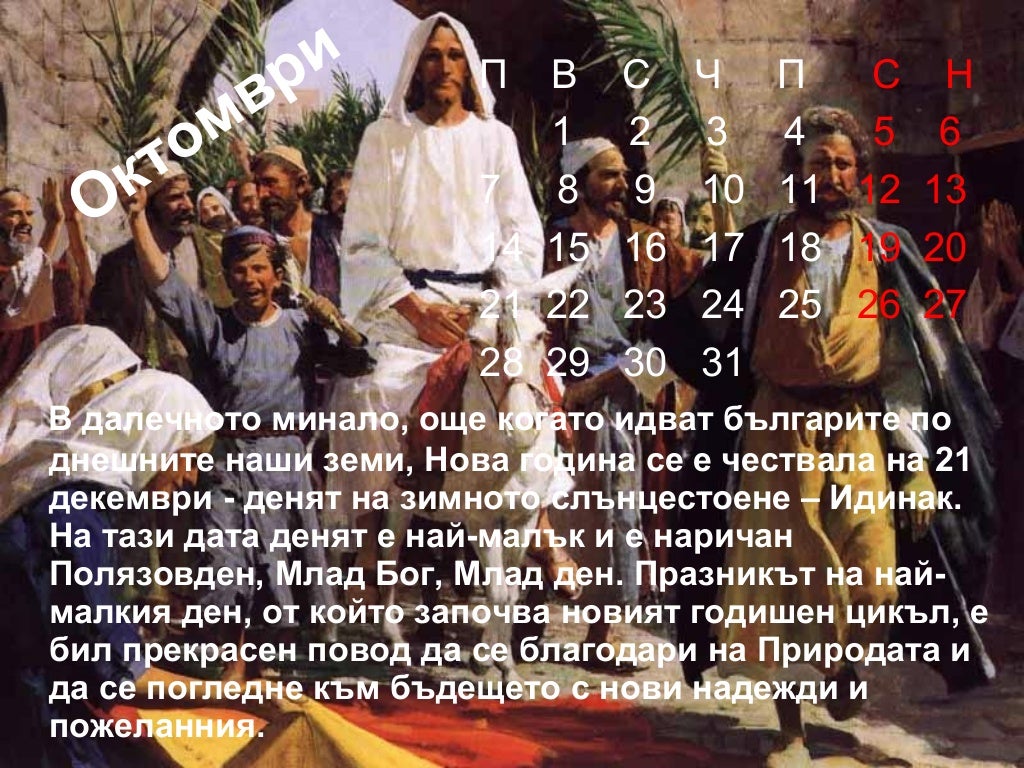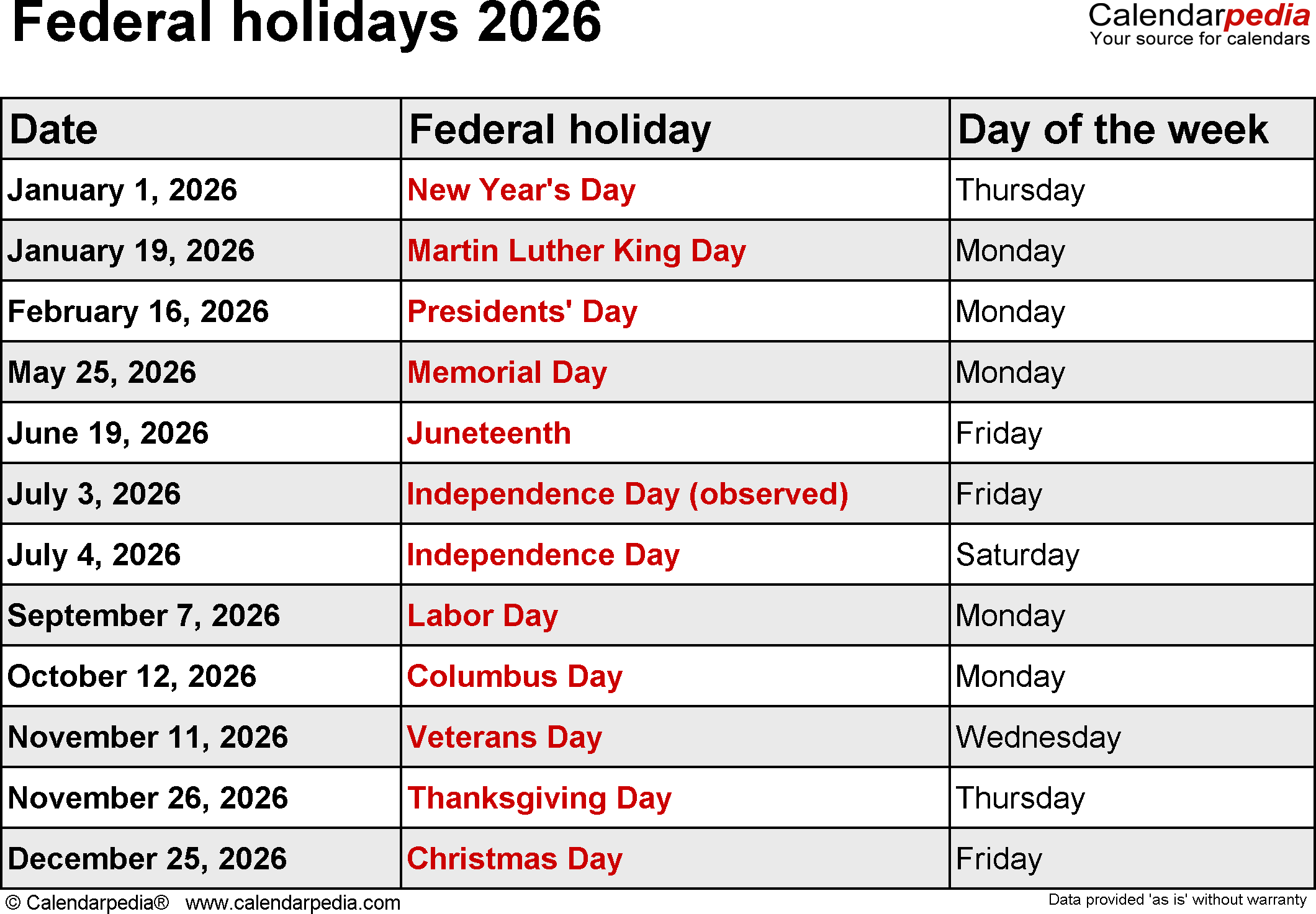Bulgaria’s 2026 Holiday Calendar: A Guide To Navigating The Year’s Observances
Bulgaria’s 2026 Holiday Calendar: A Guide to Navigating the Year’s Observances
Related Articles: Bulgaria’s 2026 Holiday Calendar: A Guide to Navigating the Year’s Observances
Introduction
With great pleasure, we will explore the intriguing topic related to Bulgaria’s 2026 Holiday Calendar: A Guide to Navigating the Year’s Observances. Let’s weave interesting information and offer fresh perspectives to the readers.
Table of Content
Bulgaria’s 2026 Holiday Calendar: A Guide to Navigating the Year’s Observances

Bulgaria’s rich cultural heritage and historical significance are reflected in its diverse and vibrant calendar of holidays. These observances, a blend of religious and secular traditions, offer a glimpse into the nation’s values and provide opportunities for celebration, reflection, and connection with the past. Understanding the Bulgarian holiday calendar can be invaluable for travelers, businesses, and individuals seeking to engage with the country’s cultural tapestry.
Understanding the Bulgarian Holiday Calendar
The Bulgarian holiday calendar is primarily governed by two factors:
- Religious Observances: Bulgaria, predominantly Orthodox Christian, observes numerous religious holidays based on the Eastern Orthodox liturgical calendar. These holidays often hold significant religious and cultural importance.
- Secular Celebrations: The calendar also includes national holidays that commemorate key historical events and celebrate Bulgarian identity.
Key Holidays in 2026
January:
- New Year’s Day (January 1): A secular holiday marking the beginning of the new year, celebrated with festivities, family gatherings, and traditional New Year’s Eve customs.
- Orthodox Christmas (January 7): A major religious holiday celebrated with elaborate church services, traditional Christmas meals, and festive decorations.
February:
- St. Trifon’s Day (February 14): A religious holiday dedicated to the patron saint of winemakers and gardeners, celebrated with blessings of vineyards and orchards.
- Liberation Day (February 3): A national holiday commemorating the liberation of Bulgaria from Ottoman rule in 1878, marked by parades, patriotic ceremonies, and historical reflections.
March:
- March 1st (March 1): A national holiday celebrating the Bulgarian national spirit, often associated with the Bulgarian National Anthem and patriotic sentiments.
April:
- Orthodox Easter (Date varies): A major religious holiday celebrated with church services, traditional Easter meals, and the custom of painting eggs.
May:
- Labor Day (May 1): A secular holiday commemorating international labor rights, often celebrated with parades and cultural events.
- Victory Day (May 9): A national holiday commemorating the end of World War II, marked by military parades, commemorative ceremonies, and reflections on the war’s impact.
June:
- St. Peter and St. Paul’s Day (June 29): A religious holiday celebrating the apostles Peter and Paul, often associated with fishing and maritime traditions.
September:
- Day of the Bulgarian Army (September 6): A national holiday commemorating the founding of the Bulgarian Army, celebrated with military parades, historical exhibitions, and patriotic events.
- Independence Day (September 22): A national holiday commemorating the declaration of Bulgarian independence in 1908, marked by festive events, parades, and patriotic displays.
October:
- Day of the United Nations (October 24): A secular holiday commemorating the founding of the United Nations, observed with events promoting international cooperation and peace.
November:
- National Day of Bulgaria (November 1): A national holiday commemorating the unification of the Bulgarian nation in 1885, celebrated with festive events, parades, and patriotic displays.
December:
- St. Nicholas Day (December 6): A religious holiday celebrating St. Nicholas, the patron saint of children, observed with gift-giving and festive traditions.
- Christmas Eve (December 24): A religious holiday marking the eve of Christmas, celebrated with traditional Christmas Eve meals and festive preparations.
Understanding the Importance of Bulgarian Holidays
The Bulgarian holiday calendar plays a vital role in preserving and promoting the nation’s cultural heritage. These observances offer:
- Connection to History and Tradition: Holidays provide a tangible link to the past, allowing individuals to connect with their cultural roots and celebrate historical events that shaped Bulgaria’s identity.
- Religious Observance and Spirituality: Religious holidays offer opportunities for spiritual reflection, communal worship, and reaffirmation of faith.
- Community Building: Holidays foster a sense of community by bringing people together for celebrations, shared meals, and collective experiences.
- Economic Impact: Many holidays are associated with significant tourism, boosting the economy and supporting local businesses.
FAQs
Q: What are the most significant holidays in Bulgaria?
A: The most significant holidays in Bulgaria include Orthodox Christmas, Orthodox Easter, Liberation Day, Victory Day, and National Day of Bulgaria. These holidays are marked by widespread celebrations, religious observances, and national commemorations.
Q: Are all holidays in Bulgaria observed as public holidays?
A: Not all holidays are public holidays. Some religious holidays, like St. Trifon’s Day, are observed primarily by specific communities or professions. Public holidays, however, are legally recognized days off work, allowing for widespread celebrations and observances.
Q: How do Bulgarians typically celebrate holidays?
A: Bulgarians celebrate holidays in various ways, depending on the specific observance. Religious holidays often involve church services, traditional meals, and family gatherings. Secular holidays are often marked by parades, patriotic ceremonies, cultural events, and festive gatherings.
Q: What are some tips for navigating Bulgarian holidays as a visitor?
A: When visiting Bulgaria during a holiday period, it’s advisable to:
- Respect Local Customs: Be mindful of local traditions and customs, especially during religious observances.
- Plan Ahead: Many businesses and services may have limited hours or be closed during holidays.
- Embrace the Festivities: Take advantage of opportunities to experience the festive atmosphere and participate in local traditions.
- Learn a Few Bulgarian Phrases: Knowing a few basic Bulgarian greetings and phrases can enhance your experience and facilitate communication.
Conclusion
The Bulgarian holiday calendar is a vibrant tapestry of religious and secular observances, reflecting the nation’s rich history, cultural traditions, and values. Understanding this calendar can enrich any visit to Bulgaria, offering insights into the country’s heritage and providing opportunities to experience the unique cultural tapestry woven through these celebrations.







![Bank Holidays in Bulgaria [year]](https://publicholidaysdates.com/wp-content/uploads/2020/04/public-holidays-bulgaria-768x614.jpg)
Closure
Thus, we hope this article has provided valuable insights into Bulgaria’s 2026 Holiday Calendar: A Guide to Navigating the Year’s Observances. We thank you for taking the time to read this article. See you in our next article!